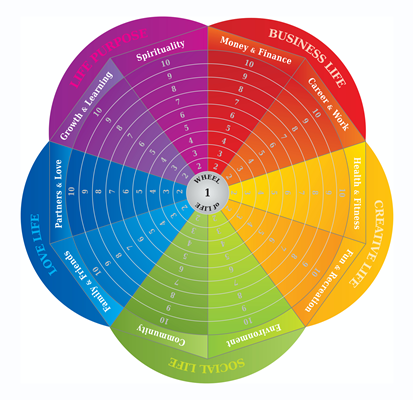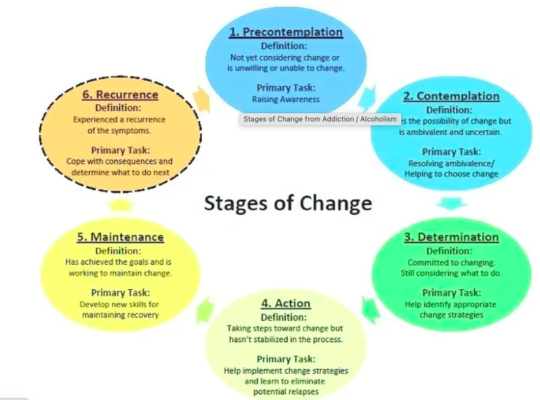THE WEIGHT GAIN DILEMMA

For many women, the onset of menopause can feel like the beginning of an uphill battle with their own bodies. One of the most frustrating and prominent challenges during this phase is the unwelcome increase in body weight. This blog delves into the struggle that many women face in their efforts to maintain their weight as they experience hormonal changes, and it offers guidance on how to navigate these challenges effectively.
The Weight Gain Dilemma
Throughout their lives, many women work diligently to manage their weight. They exercise, watch their diet, and make conscious efforts to maintain a healthy body weight. However, when menopause approaches, the body goes through significant hormonal shifts, and the number on the scale may begin to creep up, seemingly beyond their control. This can be an incredibly frustrating and even disheartening experience. I know I am there right with you!
As menopause progresses, two primary hormones, estrogen and progesterone, start to decline. This hormonal shift can lead to changes in metabolism, fat distribution, and muscle mass. For many women, it feels as if their bodies are no longer responding to the efforts that used to keep excess weight at bay. As a result, they may experience an increase in body fat, particularly around the abdomen.
Research says…
Research suggests that there are several factors that contribute to this phenomenon. While not all women experience weight gain during menopause, those who do may find it more challenging to manage their weight during this life stage. Here’s what the research says about weight gain during menopause:
Hormonal Changes: The primary reason for weight gain during menopause is hormonal fluctuations. Estrogen levels decline as women approach menopause, which can lead to changes in fat distribution. Some women may notice an increase in abdominal fat, which is associated with a higher risk of chronic diseases.
Metabolic Changes: Research has shown that the decline in estrogen can also lead to a slower metabolism. This means that women may burn fewer calories at rest, making it easier to gain weight and harder to lose it.
Muscle Loss: Aging, combined with hormonal changes, can lead to a loss of muscle mass. Muscle tissue burns more calories than fat, so a reduction in muscle can contribute to weight gain.
Lifestyle Factors: During menopause, women may experience changes in their lifestyle that can contribute to weight gain. For example, stress, poor sleep, and emotional factors can lead to overeating or a less active lifestyle. Additionally, women may face new challenges such as caring for aging parents or dealing with an “empty nest,” which can impact their physical activity and eating habits.
Dietary Habits: Research indicates that women may experience changes in their eating habits during menopause. Some women report an increase in cravings for high-calorie, comfort foods. These dietary changes can lead to weight gain.
Physical Activity: A decline in physical activity levels is common during menopause, and this can contribute to weight gain. Women may become less active due to factors such as joint pain, muscle stiffness, or a perception that exercise is less necessary.
Aging: It’s important to note that aging itself can lead to changes in body composition, including an increase in body fat and a decrease in lean muscle mass. These changes can occur regardless of menopause.
Genetics: Genetic factors can play a role in how an individual’s body responds to hormonal changes and aging. Some women may be more predisposed to weight gain during menopause due to their genetic makeup.
Socioeconomic Factors: Socioeconomic status can also influence weight gain during menopause. Access to healthy food options and opportunities for physical activity can vary based on one’s economic circumstances.
It’s worth noting that not all women experience weight gain during menopause, and some may even lose weight. The key to managing weight during menopause is to adopt a healthy lifestyle that includes a balanced diet, regular physical activity, and stress management.
The Emotional Toll
The emotional impact of menopausal weight gain is significant. It’s not just about the physical changes; it’s about the feelings of frustration, helplessness, and even self-doubt that accompany it. Many women have spent years striving to maintain their ideal weight, and the sudden shift can be demoralizing.
It’s important to recognize that the hormonal changes during menopause are a natural part of life. However, this knowledge doesn’t necessarily make it any easier to accept the changes happening to your body. The emotional rollercoaster of dealing with both menopausal symptoms and weight gain can leave you feeling overwhelmed.
Navigating Menopausal Weight Gain
Acknowledge the Biological Changes: Understanding that menopause brings about hormonal shifts that can affect your weight is crucial. It’s not your fault, and it’s not a reflection of your efforts. Your body is adjusting, and it’s essential to be kind to yourself during this time.
Focus on Health, Not Just Weight: Shift your focus from solely maintaining a certain number on the scale to overall health. Concentrate on nourishing your body with a balanced diet and staying physically active. These habits can help you feel better, even if the numbers aren’t where you want them to be.
Stay Active: Regular physical activity is vital for maintaining muscle mass, keeping your metabolism in check, and managing weight. Consider a combination of cardiovascular exercise and strength training to support your overall well-being.
Balanced Diet: Pay attention to your diet, focusing on whole foods and portion control. Menopause doesn’t mean you have to deprive yourself; it’s about making nutritious choices that support your health.
Seek Professional Guidance: If you’re struggling with weight gain during menopause, and really get frustrated about it and want to do something consider consulting a health coach who can guide you in finding strategies to manage your weight effectively.
Look for Emotional Support: Menopause can be emotionally challenging. Seek support from friends, family, or a health coach to help you cope with the emotional aspects of weight gain and hormonal changes.
In the end
Menopause and weight gain can be a challenging combination for many women. The frustration and emotional toll of watching the numbers on the scale increase can be disheartening. However, it’s essential to remember that these changes are part of the natural progression of life. By acknowledging the biological shifts occurring during menopause and adopting a holistic approach to health, you can navigate this challenging phase with ease.
The focus should shift from simply striving for a specific weight to prioritizing overall well-being. It’s about feeling good in your body and taking steps to maintain a healthy lifestyle that supports your physical and emotional health. While it may be challenging, embracing the changes and seeking professional guidance when needed can help you navigate the path of menopause with confidence and resilience.







